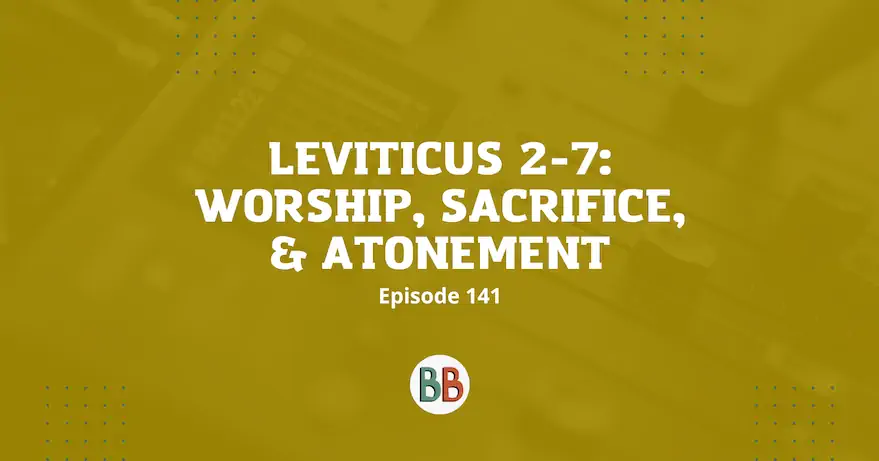
We delve into Leviticus, examining the various offerings detailed in the first seven chapters. We look at the different sacrifices, such as grain and fellowship offerings, and what they symbolize in terms of thankfulness, community, and recognizing God’s gifts. Alongside some humorous personal tales, we gain a deeper appreciation for these ancient rituals.
This episode also focuses on sin offerings and how an individual’s social and economic status affected their sacrificial obligations. We discuss how the law’s adaptability reflects God’s compassion for His people. Stories from the Old Testament, like the golden calf incident and King Josiah’s reforms, illustrate the ongoing theme of repentance and forgiveness.
We also consider the importance of blood in these rituals and its connection to the sacrifice of Jesus Christ. This discussion bridges the gap between ancient worship practices and contemporary Christian devotion, exploring the nature of worship and the significance of Jesus’ atonement. We explore these topics, recognizing the importance of sacrifice in faith and encouraging a genuine, devoted relationship with God and community.
(00:11) Exploring Sacrifices in Leviticus
Exploring Leviticus’ offerings, their symbolism, and God’s expectations for His people in setting them apart.
(05:49) Different Kinds of Offerings
Nature’s grain and peace offerings symbolize purity, provision, and thanksgiving, supporting priests and promoting fellowship with God.
(12:20) Peace and Fellowship Offerings
The peace offering in Leviticus symbolizes thanksgiving, strengthens bonds, and emphasizes relationships with God and community.
(19:52) Understanding Sacrifices in Leviticus
Sin offerings in Leviticus vary based on status and wealth, with flexibility for different economic situations and repentance for community sins.
(34:06) Understanding Bible Sacrifice Concept
Sacrifice in Leviticus restores relationships with God and community, addressing sin and trespass with divine reconciliation and social responsibility.
(46:35) Meaning and Importance of Worship
Righteousness apart from the law, sacrifice of Jesus, heart in worship, intentionality and sincerity in spiritual acts.
(53:51) The Significance of Blood in Christianity
Blood symbolizes life and atonement in the Bible, with Jesus’ sacrifice as the foundation for salvation and the importance of the Lord’s Supper.